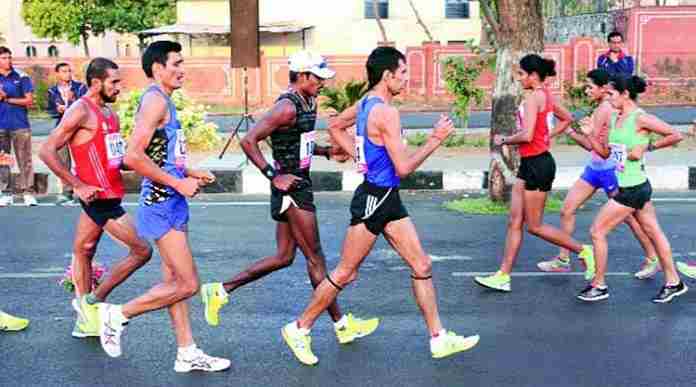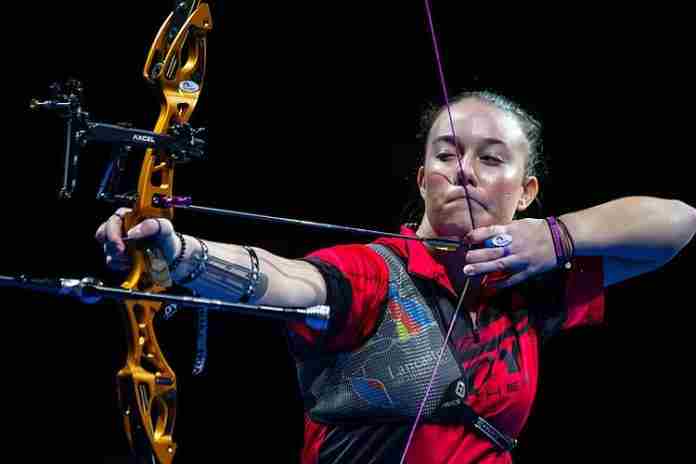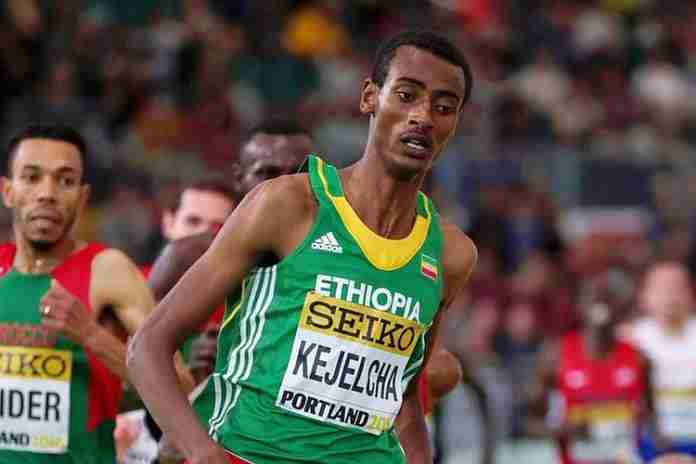It’s no secret that when discussions about contracting the number of athletes and events in the Olympic Games come up, race walking is always mentioned.
The race walking community knows this, too, and some major changes to the entire discipline were recommended by the IAAF Race Walking Committee. The proposals promise to re-shape the entire program of events which have characterized walking in the Games since 1932. According to the IAAF’s announcement:
“The three major recommendations, agreed at a meeting in Monaco last weekend, reflect the reality that the event programme across all major athletics meetings and events will become shorter and more dynamic so innovation is required in Race Walk to ensure it remains a core discipline in the World Championships and the Olympic Games.
“● Equality between the sexes should be achieved in Olympic Games and maintained in all major international competitions, with two men’s and two women’s events included on championships programmes;
“● Distances for senior competitions should be changed from 20km and 50km to 10km and 30km from the 2023 World Championships;
“● RWECS electronic chip insole technology [for judging] should be incorporated into competitions from 2021.”
The changes from the 20 km and 50 km distances – the current cornerstones of the discipline – to 10 km and 30 km would be phased in over three years:
● 2020 Olympic Games: 20/50 km for men; 20 km for women
● 2021 World Champs: 20 km/30 km for men and women
● 2022 Race Walk Team Champs: 10 km/30 km for men and women
And the program would remain that way going forward.
The events will be shorter. Consider the difference in time in the world records:
● Men’s 10 km Walk: 38:31.4 (indoors; by Werner Heyer/GER in 1980)
● Men’s 20 km Walk: 1:16:36 (by Yusuke Suzuki/JPN in 2015)
● Men’s 30 km Walk: 2:01:44 (by Maurizio Damilano/ITA in 1992)
● Men’s 50 km Walk: 3:32:33 (by Yohann Diniz/FRA in 2014)
The women have been walking 10,000 m for a long time and have just started walking the 50 km, so the switch will be on quickly to change to 30 km.
These are smart, if somewhat desperate, moves for the walking community to maintain their place as a part of the Olympic program. Four-time Olympic gold medalist and three-time World Champion Robert Korzeniowski (POL) put it this way:
“As you know my heart is passionate about the 50 km, and all the great achievements and medals I won were in 50 km, but the world is changing fast and we need to be realistic, to move forward and be brave in order to be relevant with the broadcast and digital media and to secure the future of race walking in major competitions. The numbers in 50 km are not very promising and if we care about the development and the healthy status of our event, this is the only way to do it. I have no doubt that 30 km is a distance that will provide equal opportunities to endurance race walkers to perform and achieve their goals.”
The IAAF Council will consider the recommendations at its next meeting on 10-11 March.


























